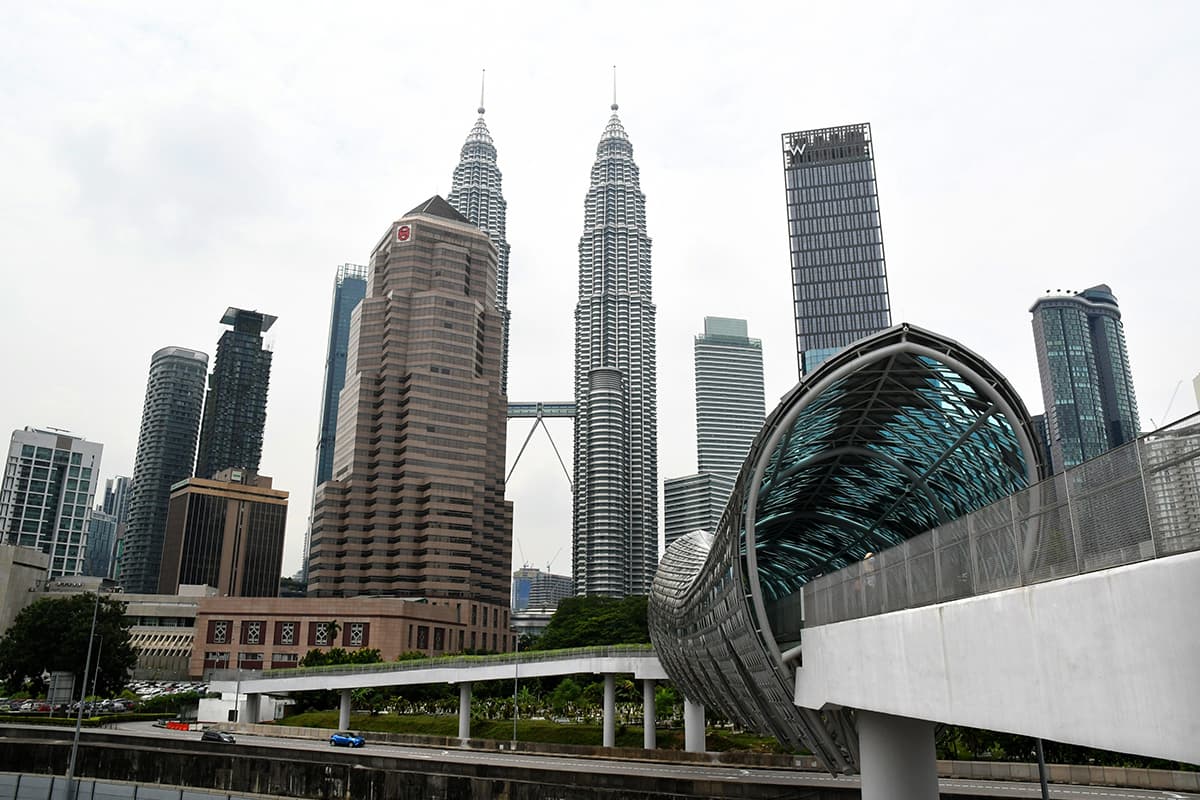
KUALA LUMPUR (Jan 20): Malaysia's economic outlook may not be all that rosy going into 2023 although growth in the country is widely expected to be the best among regional peers in 2022, said HSBC Global Research.
Malaysia is not insulated from the global trade slowdown, while benefits from post-pandemic reopening last year is fading, the research firm’s economist Yun Liu said in a report.
Nonetheless, she said China’s long-anticipated re-opening will provide a much-needed boost to sustain Malaysia’s recovery.
“The most direct transmission is via tourism. While Malaysia is not as heavily dependent on tourism as peers like Thailand, its tourist receipts were still sizeable, accounting for 6.3% of GDP in 2019, with broader tourism-related jobs accounting for as much as 30%,” Liu said.
There is also optimism on the trade front, with Malaysia, along with Indonesia, seeing resilient exports to China in 2022, despite slower growth in the world’s second largest economy, said the economist.
“Much of the benefit is from high commodity prices, which are likely to stay elevated due to supply constraints coupled with China’s expected decent economic rebound. That said, the boost will likely be limited, as China itself is also susceptible to a cooling global trade cycle,” she said.
However, Liu said foreign direct investment (FDI) from China is likely to remain robust and provide positive long-term trade prospects.
“Over the past decade, China has been investing heavily in Asean’s manufacturing, a sector to which Malaysia is heavily exposed. After China’s re-opening, we expect to see more China FDI into Malaysia, which has already entered both traditional and the renewable energy sectors,” she said.
On the political front, Liu said uncertainty has abated since the general election in November last year, which resulted in Prime Minister Datuk Seri Anwar Ibrahim forming a unity government and surviving a confidence vote in Parliament in December.
She also noted that leadership in Umno, one of the coalition parties in government, has steadied.
“The Umno leadership was crucial to watch, as it would affect the workings of Anwar’s unity government.
“Still, a close watch on how the coalition evolves is warranted. The next test will be six state assembly elections in the second half of 2023. However, the focus in the coming month will centre on Malaysia’s 2023 budget, the first that Anwar’s administration will table, and scheduled for Feb 24,” she added.
In terms of monetary policy, Liu does not think that Bank Negara Malaysia (BNM) has completed its rate hike cycle although the central bank opted to pause raising its overnight policy rate (OPR) on Thursday (Jan 19).
“One reason behind BNM’s move is likely related to easing foreign exchange pressures and an expected slower US Federal Reserve’s tightening pace. BNM removed the reference to a strong US dollar environment in [Thursday’s] meeting, and after all, ringgit appreciated by around 8.5% compared to last November meeting.
“However, we continue to believe this is not the end of BNM’s current tightening cycle. Despite the decision to hold, [Thursday’s] statement does not sound dovish, and BNM’s qualitative assessment on growth and inflation remains broadly unchanged from its last meeting,” she said.
Liu expects BNM to raise the OPR by another 25 basis points come March, bringing its policy rate to 3.00%, before holding steady throughout 2024.